Everyone knows that each country and region has its own customs, habits, and cultural rules. The same applies to dining etiquette; when traveling abroad, it’s essential to familiarize yourself with the local culture to behave politely, respectfully, and without causing offense. However, many countries have peculiar and perplexing rules that can bewilder international friends.
Top 11 Dining Etiquette Rules Around the World
- 1. Slurping Food
- 2. Eat Only with Your Right Hand
- 3. Don’t Suggest Splitting the Bill
- 4. Eat with Your Hands
- 5. Don’t Touch Any Part of the Meal with Your Hands
- 6. Don’t Ask for Cheese
- 7. Don’t Ask for Salt and Pepper
- 8. Don’t Use a Fork to Put Food in Your Mouth
- 9. Burp After Eating
- 10. Never Place Your Hands on Your Lap While Eating
- 11. Don’t Use Individual Plates
1. Slurping Food
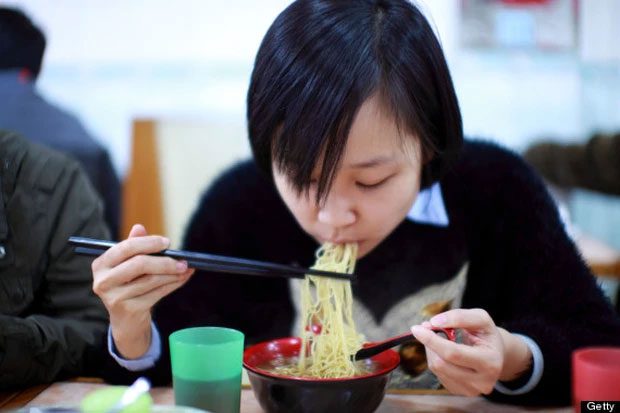
Generally, slurping food is considered impolite. However, in Japan, particularly when eating noodles and soup, slurping is a sign of appreciation for the dish and the chef. In fact, the louder the slurp, the better! Additionally, in Japan, one should never cross chopsticks, lick them, or stick them upright in a bowl of rice, as these actions are considered very rude in Japan and many other Asian countries, including China.
2. Eat Only with Your Right Hand
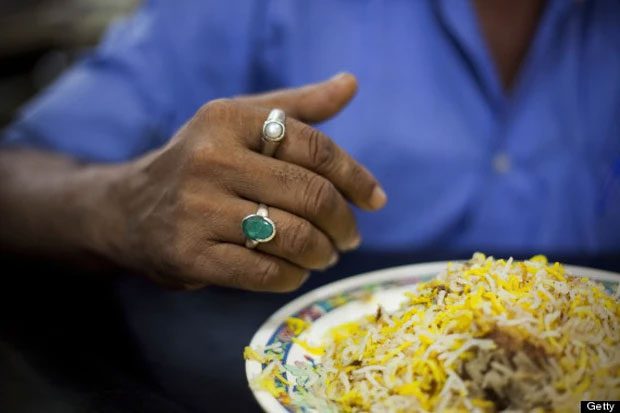
Left-handed individuals may face some minor challenges in India, the Middle East, and certain regions of Africa. Here, eating with the left hand is considered unclean, so you should only eat with your right hand.
3. Don’t Suggest Splitting the Bill
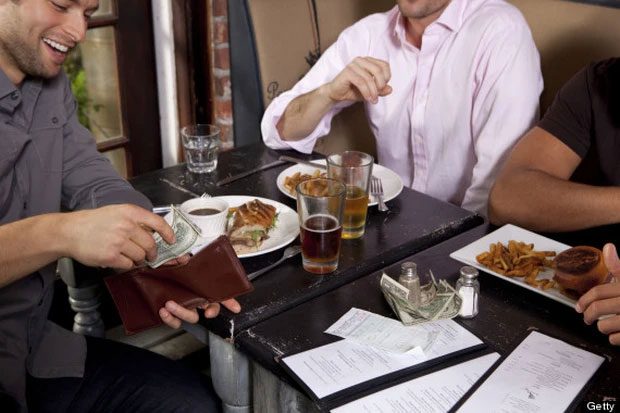
In France, suggesting to split the bill after a meal is seen as the height of bad manners. You should either offer to pay the entire bill or let the other person take care of it.
4. Eat with Your Hands

In Mexico, using a fork and knife is considered pretentious, especially when eating dishes like tacos.
5. Don’t Touch Any Part of the Meal with Your Hands
In contrast to Mexico, in Chile, touching food with your hands is frowned upon. Even when eating something like fries, you should avoid using your hands. Similarly, in Brazil, pizza and hamburgers are typically eaten with a fork and knife.
6. Don’t Ask for Cheese

If you’re dining in Italy, never ask for cheese if it isn’t served from the beginning with the dish. Adding cheese to your pizza is considered a “sin” by Italians, especially if you add it to seafood dishes.
7. Don’t Ask for Salt and Pepper
In Portugal, if salt and pepper are not already on the table, do not request them. Asking for condiments is seen as an insult to the chef’s seasoning skills.
8. Don’t Use a Fork to Put Food in Your Mouth
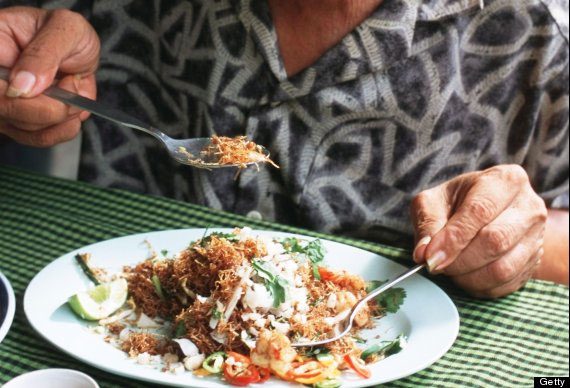
In Thailand, forks are used to push food onto a spoon. Using a fork to bring food directly to your mouth is considered unusual.
9. Burp After Eating
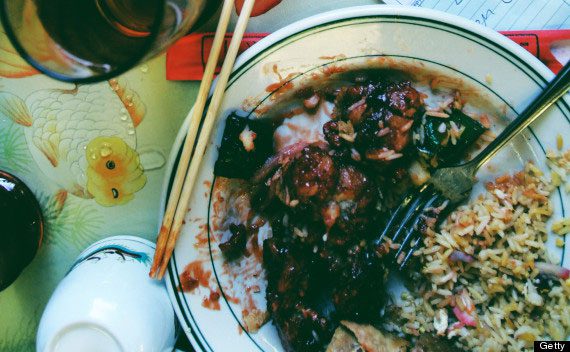
In China, burping is viewed as a sign of satisfaction and a compliment to the chef for a job well done. Intentionally leaving some food on your plate is also a polite gesture, signaling to the host that they have provided more food than you can eat.
10. Never Place Your Hands on Your Lap While Eating

In Russia, resting your wrists on the edge of the table is considered polite, not placing your hands on your lap. Additionally, always keep your fork in your left hand and your knife in your right when dining in the land of the Tsars.
11. Don’t Use Individual Plates

In Ethiopia, using individual plates is seen as wasteful. Food is always shared from a single plate without the need for utensils—just use your hands.





















































